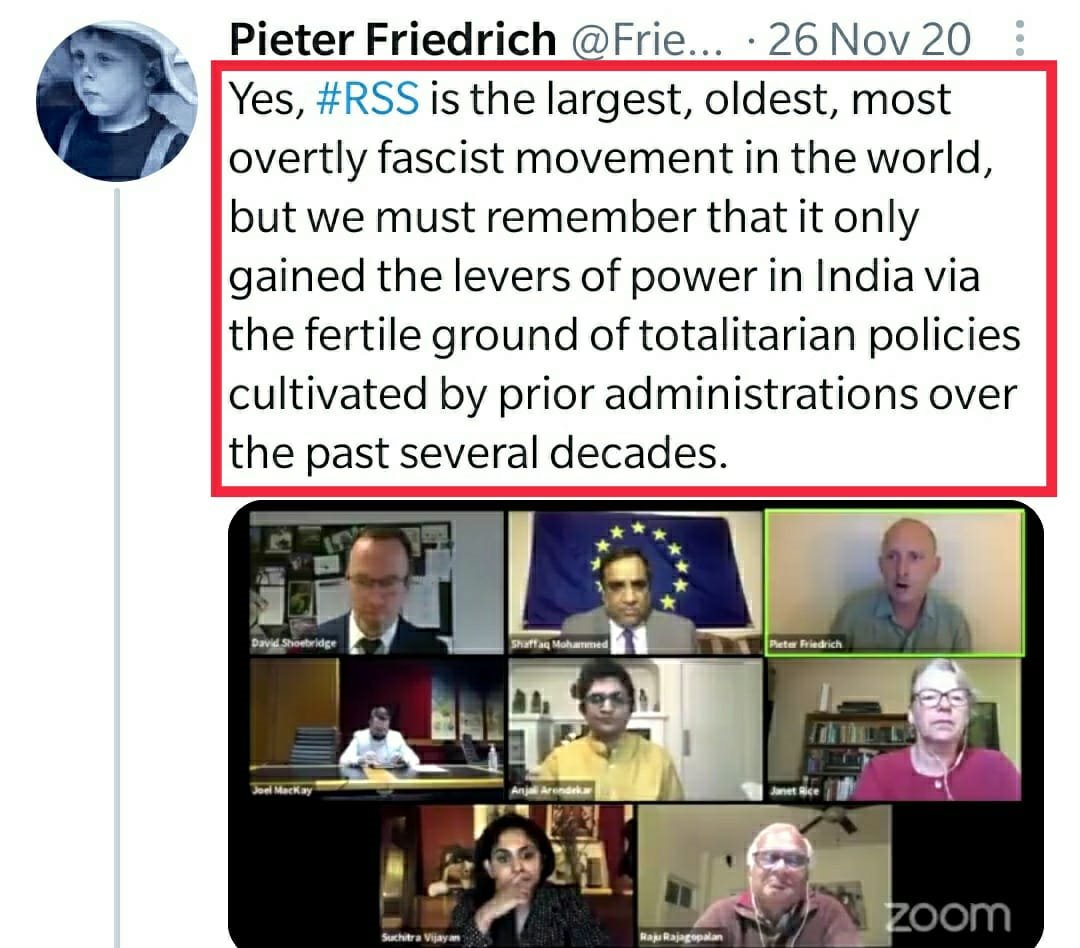@schulzb589 I accept that I haven't given a proof of this impossibility, but I believe the concerns I've laid out could probably be formalised in a way that would lead to one, though it'd involve something like a combinatoric diagonalisation similar to Russell's paradox.
More from pete wolfendale
So, here’s a way of reframing this question: which societies enabled coexistence and collaboration between people with divergent social styles, rather than imposing a dominant social style? Such social pluralism is very important indeed.
I suspect that the vast majority of the answers to the original question will fall foul of the tendency to project ideal social arrangements that reflect our own style of social understanding and engagement, and that this will lead them to talk past one another.
Consider the perspective of someone far away from you on in the neurological map, who doesn’t overlap with your socially calibrated genetic resources for social intelligence: the social heaven of an autist introvert may be the social hell of a bipolar extrovert, and vice versa.
I’ve had many good conversations about this with people in different parts of the map who overlap with me in different ways (h/t @tjohnlinward, @dynamic_proxy, @maradydd, @mojozozoe, @UnclePhobic) whose personal heavens I would like to visit, but maybe not live in full time.
We get to see glimpses of these heavens not merely in the past, but in the present, and abstract their geometries, both in spatial/architectural terms (https://t.co/aTcRgtJOVJ) and in temporal/dynamic terms (). The physical/computational platforms around us configure our agency.
Which human societies, past or present, come closest to your ideal of how we should live together?
— Keith Frankish (@keithfrankish) January 15, 2021
I suspect that the vast majority of the answers to the original question will fall foul of the tendency to project ideal social arrangements that reflect our own style of social understanding and engagement, and that this will lead them to talk past one another.
Consider the perspective of someone far away from you on in the neurological map, who doesn’t overlap with your socially calibrated genetic resources for social intelligence: the social heaven of an autist introvert may be the social hell of a bipolar extrovert, and vice versa.
I’ve had many good conversations about this with people in different parts of the map who overlap with me in different ways (h/t @tjohnlinward, @dynamic_proxy, @maradydd, @mojozozoe, @UnclePhobic) whose personal heavens I would like to visit, but maybe not live in full time.
We get to see glimpses of these heavens not merely in the past, but in the present, and abstract their geometries, both in spatial/architectural terms (https://t.co/aTcRgtJOVJ) and in temporal/dynamic terms (). The physical/computational platforms around us configure our agency.
This is what happens when you train neural networks largely on tone and its stylistic relics. They pick up formal features of arguments (not so much fallacies as tics) that have almost nothing to do with semantic content (focus on connotation over implication).
This is a secular problem in the discipline. It's got nothing to do with the Analytic/Continental split in the anglophone world. They've both got the same ramifying signal/noise problem, it's just that the styles (tics and connotations) are different in each pedagogical context.
And this is before we start talking about tone policing and topic policing, which are both rife and essentially make the peer review journal system completely unfit for purpose, populated as it is by a random sampling of pedants selecting for syntactic noise over semantic signal.
We've allowed a system of self-reinforcing and ratcheting filters to evolve that effectively *fuzzes* our contribution to the growth of human knowledge (https://t.co/VmW15pGt7J), because it selects for properties only loosely related to those we claim to want. Let that sink in.
This is literally the opposite of what a filter is supposed to do: extract signal from noise, syntactic compression that preserves semantic content. Instead we are awash in syntactic artifacts optimised for minimal criticisable content and maximal pedantic posturing.
This is what happens when you let philosophers try to write about real life. This ridiculous, game-playing, feigned innocence. Journals have been full of this for years, this elaborate performance of *doing philosophy* and saying nothing. I cannot adequately express my contempt pic.twitter.com/ciDeWuEkET
— Jack (@jackeselbst) January 14, 2021
This is a secular problem in the discipline. It's got nothing to do with the Analytic/Continental split in the anglophone world. They've both got the same ramifying signal/noise problem, it's just that the styles (tics and connotations) are different in each pedagogical context.
And this is before we start talking about tone policing and topic policing, which are both rife and essentially make the peer review journal system completely unfit for purpose, populated as it is by a random sampling of pedants selecting for syntactic noise over semantic signal.
We've allowed a system of self-reinforcing and ratcheting filters to evolve that effectively *fuzzes* our contribution to the growth of human knowledge (https://t.co/VmW15pGt7J), because it selects for properties only loosely related to those we claim to want. Let that sink in.
This is literally the opposite of what a filter is supposed to do: extract signal from noise, syntactic compression that preserves semantic content. Instead we are awash in syntactic artifacts optimised for minimal criticisable content and maximal pedantic posturing.
More from For later read
A name has caught the radar of agencies investigating #GretaToolkit- FRIEDRICH PIETER. Delhi Police expressed shock over the appearance of Pieter's name as "Who to Follow" in g-doc as he is under cops' scanner since 2006 for his Anti-India activities. Some shocking details..
1/9

Pieter is close associate (read hired by) Bhajan Singh Bhindar, founder of OFMI (Org for Minorities of India) that considers itself an anti-Gandhi 'crusader' & is Pro-Khalistan. They also campaigned to free Bhullar (convicted Khalistani terr0r!st) & lobby against Modi in US.
2/9

Bhinder has alleged connection with ISI & had records of owning inter-state drugs cartel & DVD piracy for terr0r funding. They also took control Fremont Gurudwara, US back in 2003 for millions of donation. Details of this 'Info-War' by @DisinfoLab
https://t.co/oIDFSoaDX2
3/9

Back to Pieter. Take a glance at his work. His TL is filled with anti-BJP/RSS/Modi propaganda. From his speeches to articles, everything have few keywords in common- RSS/Fascism/gen0c!de/k!ll!ing/Kashmir/Hindutva, as if running a non-stop unrest in India is his bread & butter
4/9

He picks every topic with an extreme narrative that potentially hurts integrity of nation, be it Kashmir,CAA,1984 & with his recent projects- Farmer protest & campaigning heavily against Sri Kulkarni. Despite all, Kulkarni appointed as Chief of Ext Affairs at Biden admin.
5/9

1/9

Pieter is close associate (read hired by) Bhajan Singh Bhindar, founder of OFMI (Org for Minorities of India) that considers itself an anti-Gandhi 'crusader' & is Pro-Khalistan. They also campaigned to free Bhullar (convicted Khalistani terr0r!st) & lobby against Modi in US.
2/9

Bhinder has alleged connection with ISI & had records of owning inter-state drugs cartel & DVD piracy for terr0r funding. They also took control Fremont Gurudwara, US back in 2003 for millions of donation. Details of this 'Info-War' by @DisinfoLab
https://t.co/oIDFSoaDX2
3/9

Back to Pieter. Take a glance at his work. His TL is filled with anti-BJP/RSS/Modi propaganda. From his speeches to articles, everything have few keywords in common- RSS/Fascism/gen0c!de/k!ll!ing/Kashmir/Hindutva, as if running a non-stop unrest in India is his bread & butter
4/9

He picks every topic with an extreme narrative that potentially hurts integrity of nation, be it Kashmir,CAA,1984 & with his recent projects- Farmer protest & campaigning heavily against Sri Kulkarni. Despite all, Kulkarni appointed as Chief of Ext Affairs at Biden admin.
5/9


























